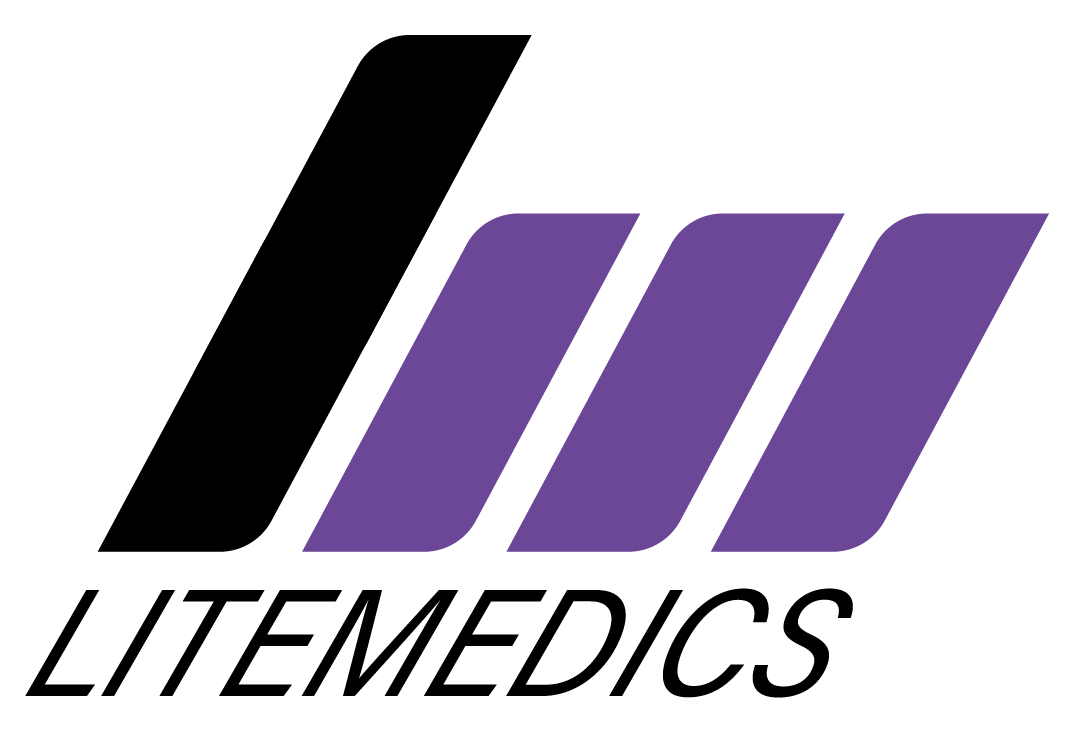Surgery
Soft Tissue Surgery
With the laser, surgical action on soft tissues takes place with hemostasis and complete decontamination of the surgical site. This allows for faster healing by second intention and less swelling. Compared to scalpel surgery, the procedure is performed in a bloodless field, ensuring excellent visibility of the operating area. Other undeniable advantages of using the laser in soft tissue surgery—beyond its coagulating and bactericidal effects—include the absence of tissue reaction and the high predictability of results.
Bone Surgery
The Erbium laser can act on hard tissues in the oral cavity easily and with minimal trauma, allowing both the creation of a gingival access flap and precise bone removal, with more accurate bone margins than those obtained with rotary instruments. In addition to its bactericidal effect during treatment, the Erbium laser maintains the target tissue temperature thanks to the water spray emitted by the handpiece and the instant vaporization within the tissues. This mechanism preserves the biological properties of the remaining bone, avoiding necrosis or denaturation of the protein matrix. Unlike mechanical preparation using rotary tools, the risk of overheating is practically nonexistent. Moreover, the laser light’s biostimulatory effect promotes healing by increasing oxidative metabolism, thereby improving oxygen transport through the oxyhemoglobin in superficial vessels. Bone surgery with the Erbium laser also enhances blood perfusion, which supports subsequent regeneration.
SOFT TISSUE SURGERY
- Frenectomy
- Gingivectomy
- Operculectomy
- Papillectomy
- Fibroma removal
- Cyst removal
- Abscess treatment
- Prosthetic sulcular conditioning
BONE SURGERY
- Maxillary sinus lift
- Split crest
- Apicoectomy
- Bone grafts
- Implant site preparation
- Clinical crown lengthening
- Treatment of peri-implantitis
